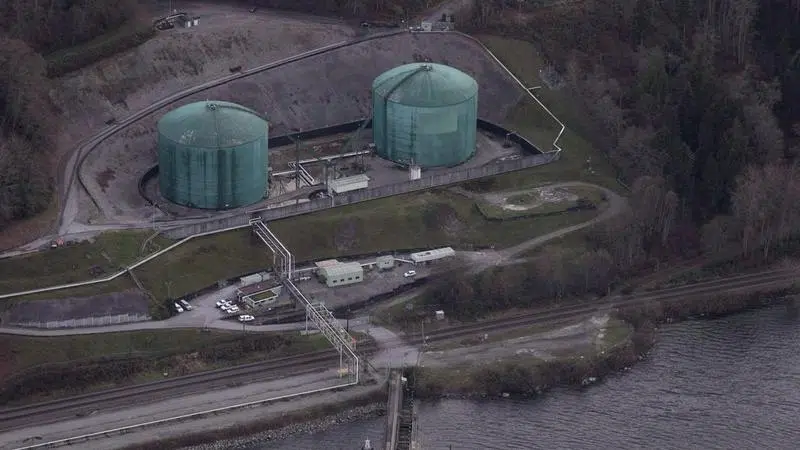
Federal Court of Appeal allows six legal challenges against Trans Mountain Pipeline to proceed
OTTAWA, ON. — The Federal Court of Appeal has agreed to hear six of the 12 challenges to the second approval of Trans Mountain Pipeline project.
In a decision released Wednesday afternoon, the court granted the requests, which allows the parties to start legal challenges to the approval of the project.
According to a decision released by the Federal Court of Appeal, “their challenges are limited to the narrow issue of the adequacy of the Government of Canada’s further consultation with Indigenous peoples and First Nations” between August 30, 2018 and June 18, 2019.
The Court has ordered the challenges proceed on an expedited basis, and short and strict deadlines for the steps in the litigation will be set.
